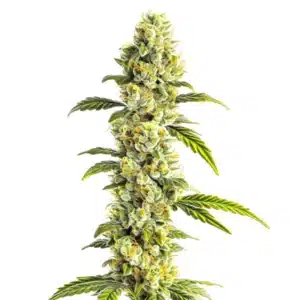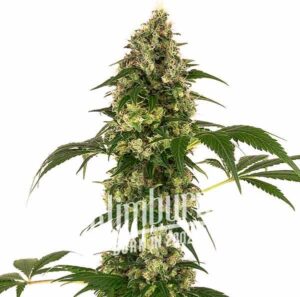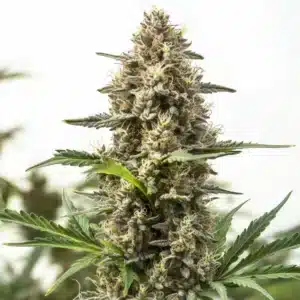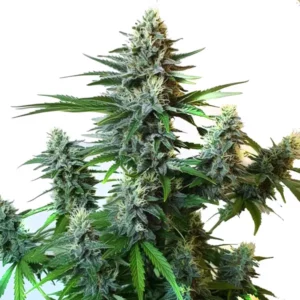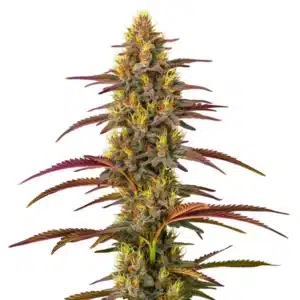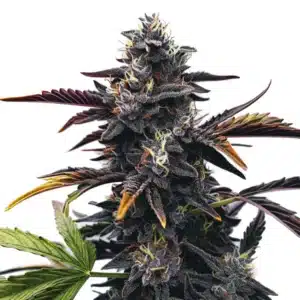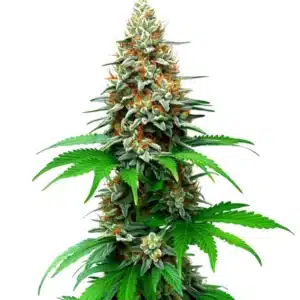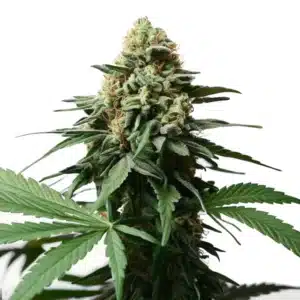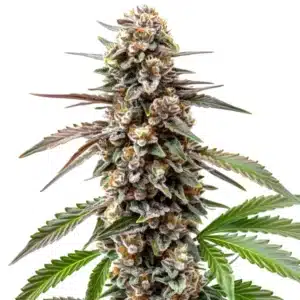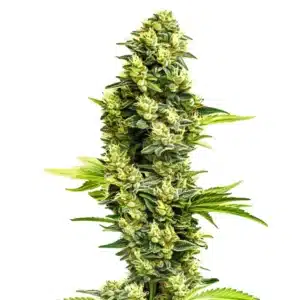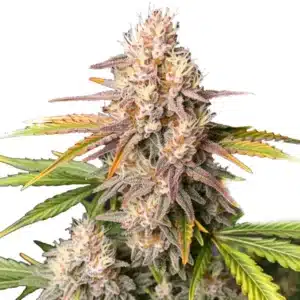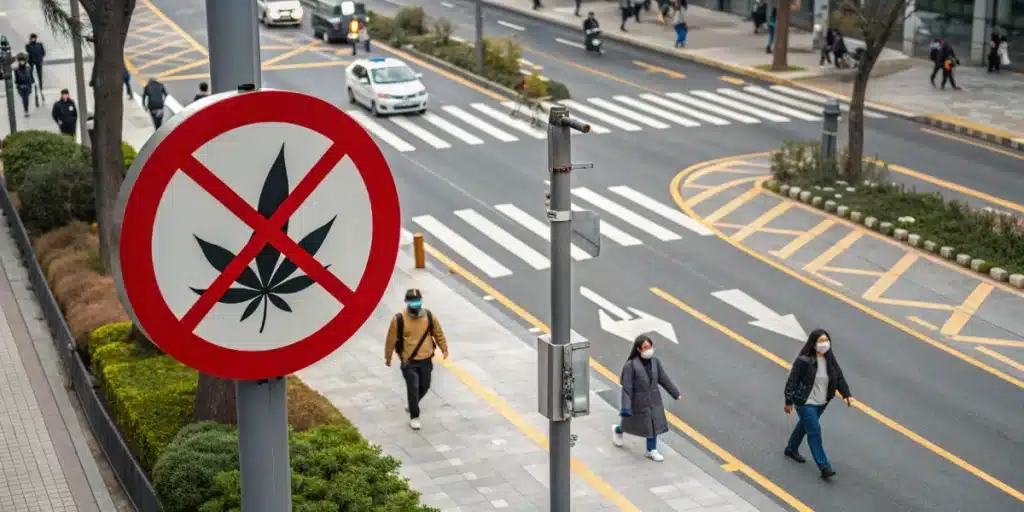
Is Weed Illegal in South Korea? Legal Insights
Summary of Cannabis Laws in South Korea
When it comes to cannabis laws, South Korea stands out for its strict regulations and unwavering stance. The country maintains a conservative approach toward drug use, including cannabis, which authorities classify as an illegal substance. A solid comprehension of the historical and current legal context helps explain why the laws remain so severe, and many debate whether is weed illegal in south korea.
The legal framework in South Korea enforces harsh measures against any form of cannabis involvement. Citizens and visitors alike must navigate these rigid rules, which stem from decades of conservative policy and societal norms. This framework creates an environment where discussions about cannabis reform face significant obstacles, and many wonder about the prospects for change.
Recommended Strains
CBD Super Silver (1:1)
|
|
CBD | 10% – 14% (Medium) |
|
|
Type | CBD Feminized |
|
|
Yield | Medium |
|
|
Phenotype | 25% Indica / 75% Sativa |
Afghan x Haze
|
|
THC | 22% - 25% (Medium) |
|
|
Type | Feminized |
|
|
Yield | Medium |
|
|
Phenotype | 40% Indica / 60% Sativa |
Historical Legal Context
The roots of cannabis prohibition in South Korea trace back to the early 20th century. After World War II, the government introduced strict narcotics laws influenced by international drug control treaties. The 1970 Narcotics Control Act explicitly targeted cannabis, categorizing it as a substance that society must shun. Over the decades, authorities have maintained these measures, reflecting a cultural view that equates drug use with moral decline and social disorder.
Recent shifts in public perception, particularly among younger generations, have sparked debates over these longstanding policies. However, the deep historical context continues to shape the current legal landscape. Even as some citizens push for change, the ingrained nature of these laws makes reform challenging.
Current Legislation and Regulations
Currently, authorities classify cannabis as a Schedule I drug under South Korean law. This classification forces the government to impose strict penalties on possession, use, sale, or distribution of cannabis. The legal system treats South Korean citizens and foreigners alike, and anyone present in the country must grasp the full impact of these rules, especially when debates arise over whether is weed illegal in south korea.
Lawmakers enforce these strict regulations actively and frequently conduct crackdowns on illicit drug activity. Despite occasional public discussions about reform, officials focus on combating drug-related issues such as addiction and trafficking. This decisive stance reinforces the existing policies without offering immediate prospects for change.
Promos & Deals
Penalties and Enforcement
The legal consequences for cannabis possession in South Korea remain extremely harsh. Law enforcement agencies impose strict measures, and offenders face severe punishments. Authorities design these penalties to deter any involvement with cannabis, ensuring that every individual remains acutely aware that is weed illegal in south korea. This framework discourages potential users by imposing long-term consequences.
Individuals caught with even small amounts risk imprisonment for up to five years or face fines that reach millions of won. Moreover, the justice system targets those involved in distribution or trafficking with even longer sentences. Beyond criminal sanctions, offenders suffer significant social stigma and long-lasting discrimination, affecting their careers and personal lives.
Legal Consequences
Cannabis possession, even in minimal amounts, attracts severe legal repercussions in South Korea. Offenders face jail time of up to five years and substantial fines, with harsher penalties looming for distribution or trafficking offenses. Lawmakers design these strict measures to discourage any use of cannabis, ensuring that every individual fully understands the risks involved.
Besides criminal sanctions, a conviction for cannabis can lead to significant social stigma and permanent damage to one’s reputation. Such outcomes deter citizens from even considering any association with cannabis, thereby reinforcing the country’s strict policies.
Law Enforcement Practices
South Korean law enforcement takes proactive measures to curb drug use, including cannabis. Authorities organize frequent drug raids, enforce strict surveillance at public events, and conduct random drug tests to deter any illegal activities. Officers and officials work relentlessly to maintain public safety and ensure that the current policies remain in effect.
Government agencies also collaborate with international counterparts to thwart drug trafficking networks. These joint efforts demonstrate a strong commitment to keeping drug-related crimes to a minimum. Continuous operations remind the public that authorities are dedicated to upholding the law without compromise.
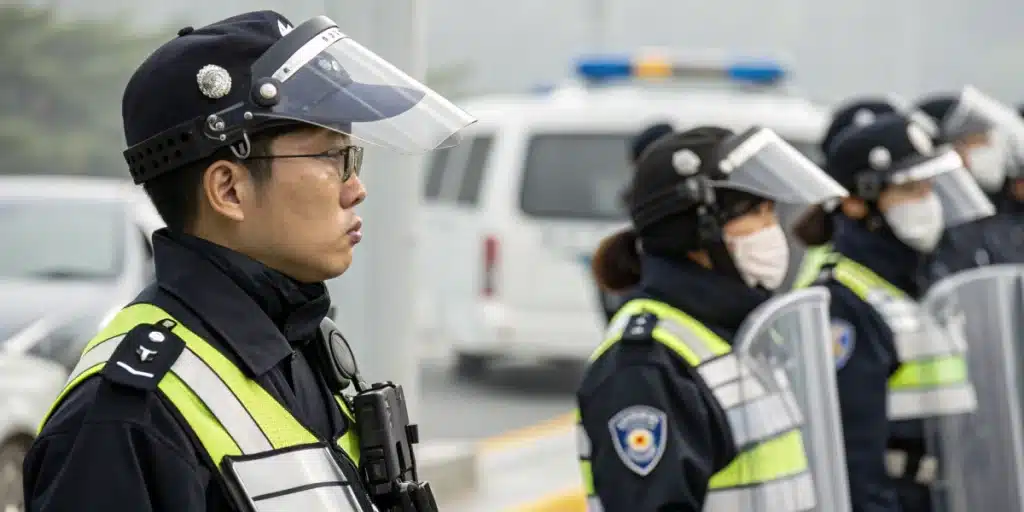
Impact on Society and Tourism
The strict cannabis laws in South Korea leave a profound impact on both society and tourism. Many locals experience daily repercussions from these harsh regulations, while international visitors often struggle to grasp the full implications. The rigid system forces people to adjust their behavior and be extra cautious during their stay.
These legal boundaries shape public attitudes, create widespread fear, and affect travel experiences. Tourists must prepare carefully and familiarize themselves with local customs, as violations can lead to serious consequences. The strict enforcement of these rules significantly influences the nation’s social and global image.
Social Attitudes Towards Cannabis
Public sentiment regarding cannabis in South Korea remains complex and divided. Many younger citizens express more progressive views, while older generations hold fast to traditional, conservative beliefs. This cultural divide often fuels intense debates and resistance to change in cannabis policies.
Government campaigns and educational programs further entrench negative perceptions of drug use. These efforts reinforce the widespread notion that cannabis remains unacceptable, making it difficult for reform-minded voices to gain traction.
Effects on International Visitors
Tourism plays a crucial part in South Korea’s economy, yet strict cannabis laws complicate the experience for visitors. Many international tourists remain unaware of the harsh regulations and risk severe legal consequences if they inadvertently violate the law. Such incidents serve as stark reminders to all travelers.
Foreign visitors must educate themselves about local regulations before arriving. Authorities enforce the laws without exception, meaning that even small infractions can lead to significant penalties. Caution and awareness prove essential for a safe and enjoyable visit.
Comparison with Other Countries
Comparing South Korea’s cannabis laws with those of other nations highlights stark differences in legal approaches. Many countries have embraced legalization or decriminalization, while South Korea continues to enforce rigid prohibitions. These contrasts lead observers to wonder whether is weed illegal in south korea still serves modern needs.
Reforms in other regions bring benefits such as increased tax revenue and reduced criminality, yet South Korea clings to its longstanding policies. This divergence in approaches prompts heated discussions about the merits and drawbacks of maintaining such strict laws.
Regional Legal Differences
Neighboring countries, such as Thailand, have initiated moves toward cannabis legalization, while South Korea maintains an uncompromising stance. This regional difference creates noticeable contrasts in law enforcement, public safety, and economic opportunities. Many compare these models and question whether is weed illegal in south korea remains the best strategy for contemporary society.
Countries that have shifted policies report improvements in public health and economic gains. In contrast, South Korea’s persistent prohibition continues to spark debate over whether its stringent measures align with global trends toward reform.
Global Cannabis Trends
The worldwide movement toward cannabis legalization challenges traditional legal systems. Nations like Canada and several U.S. states have transformed public opinion and embraced economic opportunities through reform. Meanwhile, South Korea stands apart by maintaining strict drug laws, prompting international debates on whether is weed illegal in south korea still serves a useful purpose.
Global trends encourage a more liberal approach to cannabis, yet South Korea faces mounting pressure to adapt without compromising its cultural values. This divergence leads critics to question whether current policies should evolve to match changing global perspectives.
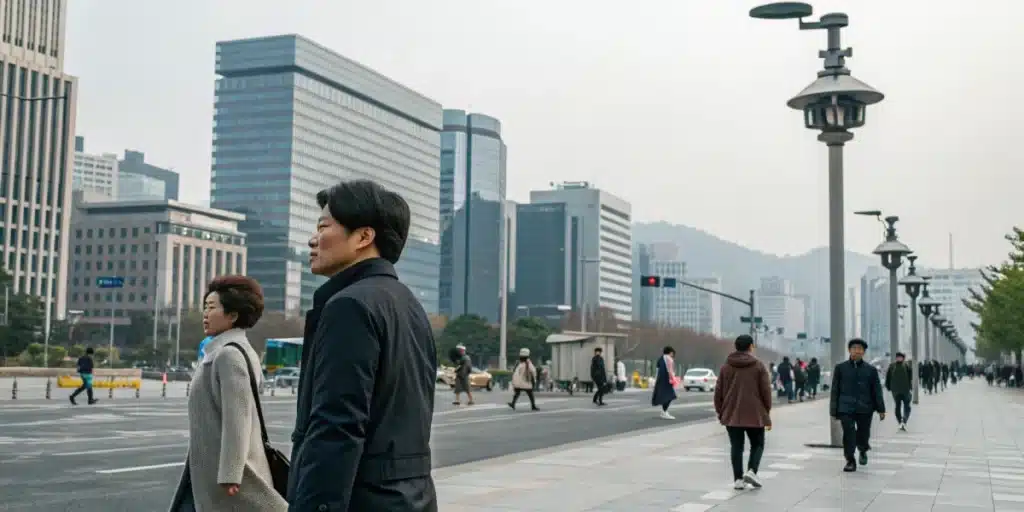
FAQs about is weed illegal in south korea
What are the penalties for cannabis possession in South Korea?
The penalties for cannabis possession in South Korea hit hard, with offenders facing imprisonment for up to five years and substantial fines. Authorities impose these measures strictly to deter any involvement with cannabis. Such strict consequences underscore that is weed illegal in south korea remains a severe offense under current law.
Have there been recent changes in the law?
Currently, authorities have not implemented significant changes in South Korea’s cannabis laws. The government upholds its long-established policies, and lawmakers rarely adjust the strict framework. Many people continue to observe that the rules remain unchanged despite occasional debates about reform.
Can tourists face legal issues with weed in South Korea?
Yes, tourists can and do face serious legal issues with cannabis in South Korea. The law applies without exception to all individuals, regardless of nationality. Visitors who unknowingly break these rules risk severe penalties, and many wonder if is weed illegal in south korea remains a threat they must take seriously during their travels.


